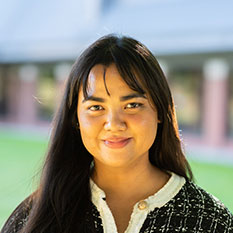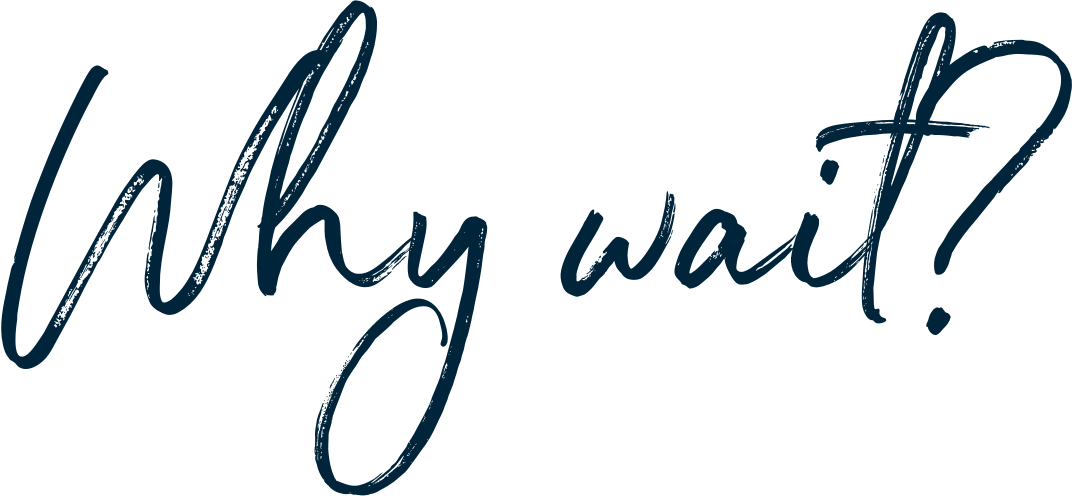The B.Ed. program has been designed to include 110 days of practical teaching experience. Placements begin in the first semester with candidates working with students for up to 20 days in connection with their Educational Psychology course. The remaining three semesters, candidates participate in focused course work for the first six weeks, followed by six weeks of practicum placement. Practicum placements provide the vital theory/practice link as candidates reflect on what they have learned in their courses and apply these learnings in the classroom.
Practicum Placements are arranged by the School of Education to meet certification requirements for the specific streams. We work with a variety of partner boards and schools including public, Catholic and independent schools.
Additional Certification

Successful graduates may also qualify for the Christian Schools Teachers Certificate. For more information on gaining this certification, visit the Vocate website or contact your admissions counselor.
Additional Certification
- Additional Basic Qualification for gaining senior designation (grade 11 & 12)
- Additional Qualifications through the Ontario College of Teachers
- MEd

